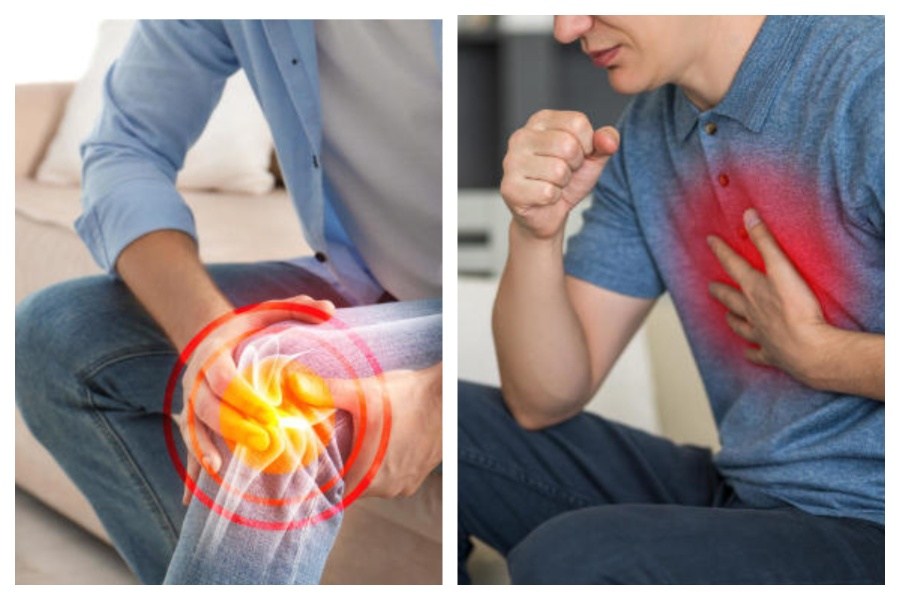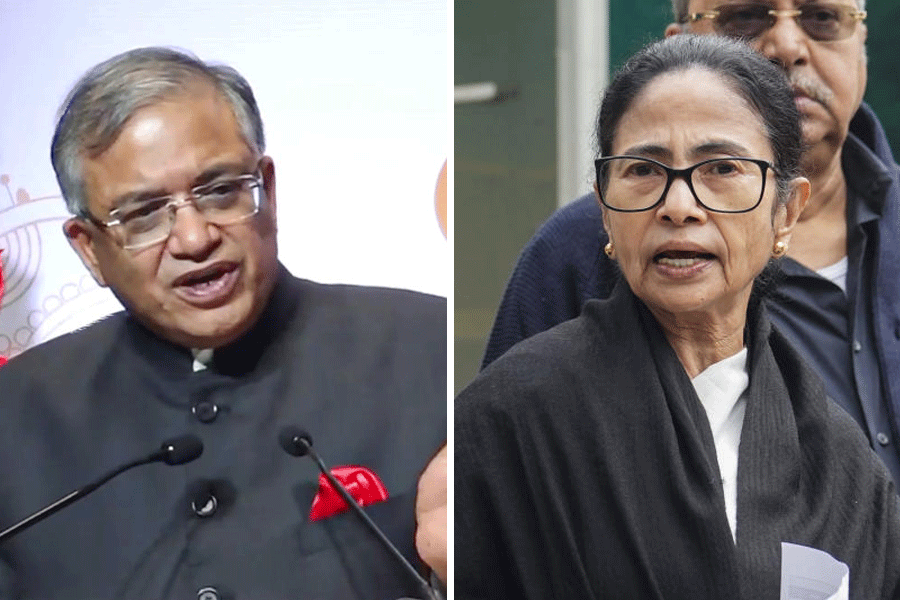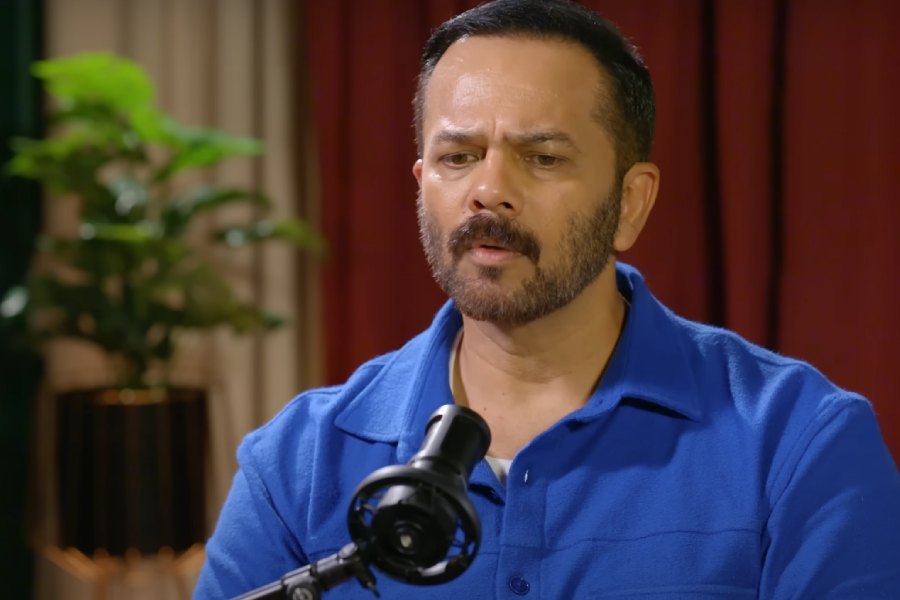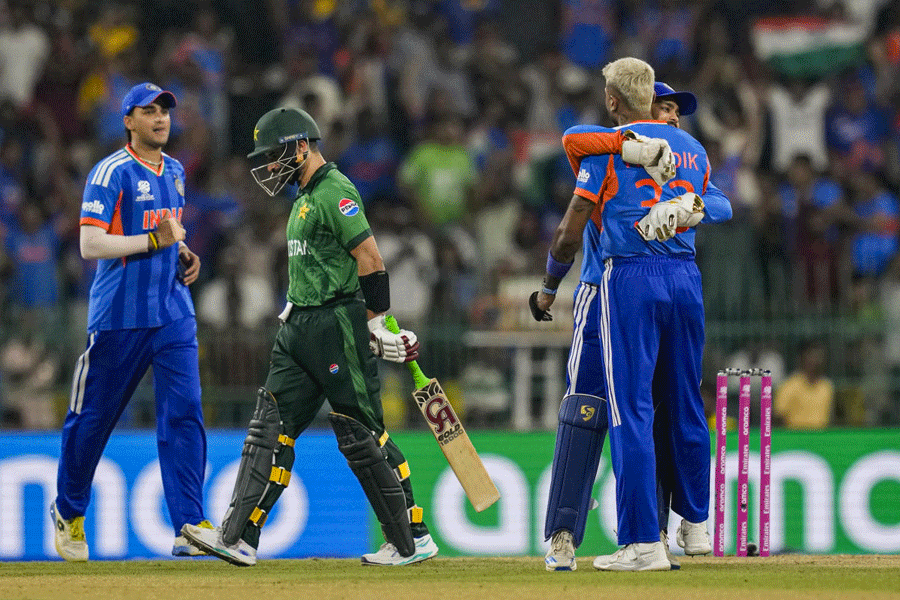If the heart determines the length or “quantity” of your life, the health of your bones determines its quality. Neither can be taken for granted so an awareness camp at HA Block recently had doctors sharing tips on both heart and knee care.
The session was organised by Paritosh Sen Memorial Elderly Care Society jointly with HA Block Residents’ Forum and had got two senior doctors from HP Ghosh Hospital.
“The heart has four key aspects, comparable to a house,” explained intervention cardiologist Ritwik Ghosal. “The heart’s electrical system sends currents like in electricity in a house, the circulatory system is like plumbing, the valves are like doors and windows, and the heart’s muscles are like the overall structure. A cardiac problem could mean an issue in any of these four departments.”
Cardiac problems typically have four symptoms. These could be due to other reasons too, but their presence warrants cardiac testing. “The first is shortness of breath; are you out of breath even when walking the same distance as before? Next is sudden dizziness or blackout while walking, chest pain, and palpitation,” said Ghosal.
To prevent heart disease, he recommended physical activity such as 30–60 minutes of daily brisk walking. “Climbing stairs is good exercise but avoid it if you have knee pain. As for diet, prioritise home-cooked food in moderate quantity. Eat a substantial breakfast, a moderate lunch, and a light dinner. Rich food at night can cause gas and discomfort,” he said.
When an elderly man in the audience said he isn’t able to walk much due to leg pain, Ghosal said there were alternative chair-sitting exercises that could be learnt from YouTube. “The goal is to elevate the heart rate during exercise. Aim to increase your heart rate to 100–120 beats per minute while working out. You can monitor this on a smart watch. If you can work out comfortably, your heart is likely to be healthy.”
To a question on pranayam, Ghosal said it could be beneficial too, but it must be performed correctly to be effective. “And avoid walking or exercising in the open early in the morning as air pollution then is very high. Breathing in that air is akin to passive smoking,” he said.
Pain in the knees
Speaking after Ghosal was consultant orthopedic surgeon Dr Sudipta Bandyopadhyay, who noted that compared to the heart, joint pain isn’t tended to urgently.
“The heart is considered a vital organ and any chest pain is taken very seriously. Pain in the joints, however, seldom receives immediate attention. It is managed by oil massages, advice from friends, and the internet, and only as a last resort do patients consult doctors. True, that the heart literally dictates the length or quantity of your life but bones determine the quality,” he said.
He then took a vote of the audience and found nearly everyone to be suffering from knee pain, with some also complaining of lower back and neck pain.
“The knee comprises two bones — the tibia and femur — that have cartilage (a soft, protective layer) in between. This cartilage is the rubbery part of a chicken bone that people chew. It can wear down over time, much like a car tyre. The rate of wear is influenced by factors like genetics and the level of regular exercise,” Bandyopadhyay said.
“After the age of 50, one may start feeling pain upon standing up after sitting for a long time or while descending stairs. Initial treatment involves regular exercise and weight management. In some cases, cartilage medication may be prescribed. Joint replacement is a last resort,” the doctor explained.
Secretary of the society Sarmistha Sen Das said they organised the session so people could take precautions before it was too late. “Why rush to the doctor only after pain sets in? If we learn from specialists how to stay healthy, we can prevent diseases on time. Plus this meet allowed members to interact with doctors free of cost instead of paying fees and waiting in queues at hospitals,” she said.
The HA Block-based society provides medical, social, and legal assistance to the elderly.










